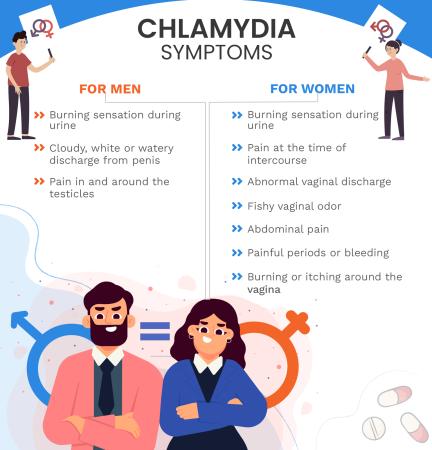Chlamydia is a common sexually transmitted infection (STI) caused by the bacterium Chlamydia trachomatis. It is one of the most prevalent STIs worldwide and can affect both men and women. Chlamydia is typically transmitted through unprotected vaginal, anal, or oral sex with an infected partner. Many individuals infected with chlamydia may not experience any symptoms, which is why it is often referred to as a "silent" infection. When symptoms do occur, they can include abnormal genital discharge, painful urination, abdominal pain, and genital itching.
If left untreated, chlamydia can lead to serious health complications, such as pelvic inflammatory disease (PID) in women, which can cause infertility and chronic pelvic pain. In pregnant women, chlamydia can also be passed on to newborns during childbirth, leading to eye infections or pneumonia in infants. Chlamydia is diagnosed through laboratory tests that analyze urine or swab samples from the genital area. Fortunately, chlamydia is easily treatable with antibiotics, and early detection and treatment are crucial to prevent further complications and the spread of the infection to sexual partners. Practicing safe sex, using condoms consistently, and getting tested regularly for STIs are important steps in preventing chlamydia and maintaining sexual health.



